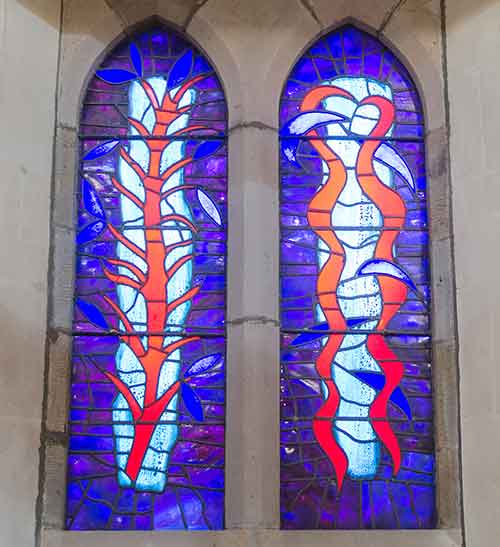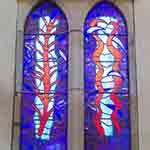
Christ’s College Chapel
This article, written by me, first appeared in our diocesan magazine Anglican Life (August-September 2017)
If you cannot scientifically verify it, then it isn’t true. That is often the assumption that young people inherit from our surrounding culture when it comes to belief in God.
In his much-read book, The God Delusion, Richard Dawkins popularised an idea of Bertrand Russell. In 1958, Bertrand Russell famously contended: “Nobody can prove that there is not between the Earth and Mars a china teapot revolving in an elliptical orbit, but nobody thinks this sufficiently likely to be taken into account in practice. I think the Christian God just as unlikely.”
God, in the mind of popular culture and that of many young people, is a thing, a supernatural, spiritual (whatever these words might mean) thing—but essentially a thing, nonetheless. In this view, we can add God to this magazine [laptop, cell phone, whatever], just as we can add, say, a pen to this magazine [laptop, cell phone, whatever] — and in doing so we end up with two things.
Alongside the assumption that God is an object is the popular contention that only science can lead to truth. This approach, which can be called scientism, is akin to logical positivism: the conviction that only statements verifiable through empirical observation are meaningful.
People of mature faith need to regularly challenge such assumptions in our culture. What is right, what is beautiful, what is good — none of these things can be ascertained in a laboratory. Science has immense value, but its limits need to be clear.
In other areas of a young person’s life, growth is expected and youth are helped to mature. Children love stories, for example, but there comes a day when they move to another stage, where they realise that stories and metaphors are not literal, yet they remain of value. Unfortunately, faith and religion are often circumvented in such growth. People often are not assisted to see that faith stories and metaphors are also not all literal. No young person takes “He is feeling low” or “She broke his heart” literally. But a sentence like “Jesus ascended to heaven and is seated at the right hand of the Father” is taken literally — and then the belief that it expresses is discarded as plainly silly.
Church schools, youth groups, sermons, bishops’ statements, and articles (in print and online) need to challenge prejudices about the nature of truth and the assumptions that there is some sort of clash between science and faith, or between history and religion.
If you appreciated this post, do remember to like the liturgy facebook page, use the RSS feed, and sign up for a not-very-often email, …
photo by: Melissa Hogan




I’m looking forward to Part 2. I’m a Chaplain at a fairly broad and diverse Episcopal school in the US. This sort of thing is my bread and butter here. I try.
Thanks, Andrew. You probably realise, I’m chaplain at Christ’s College, an Anglican secondary boy’s school. Blessings.
Thank you. I’ve found your website very helpful over the years and now as I am also in the Discernment process for Holy Orders.
Great, Andrew. Prayers for the discernment – and your life and ministry. Blessings.